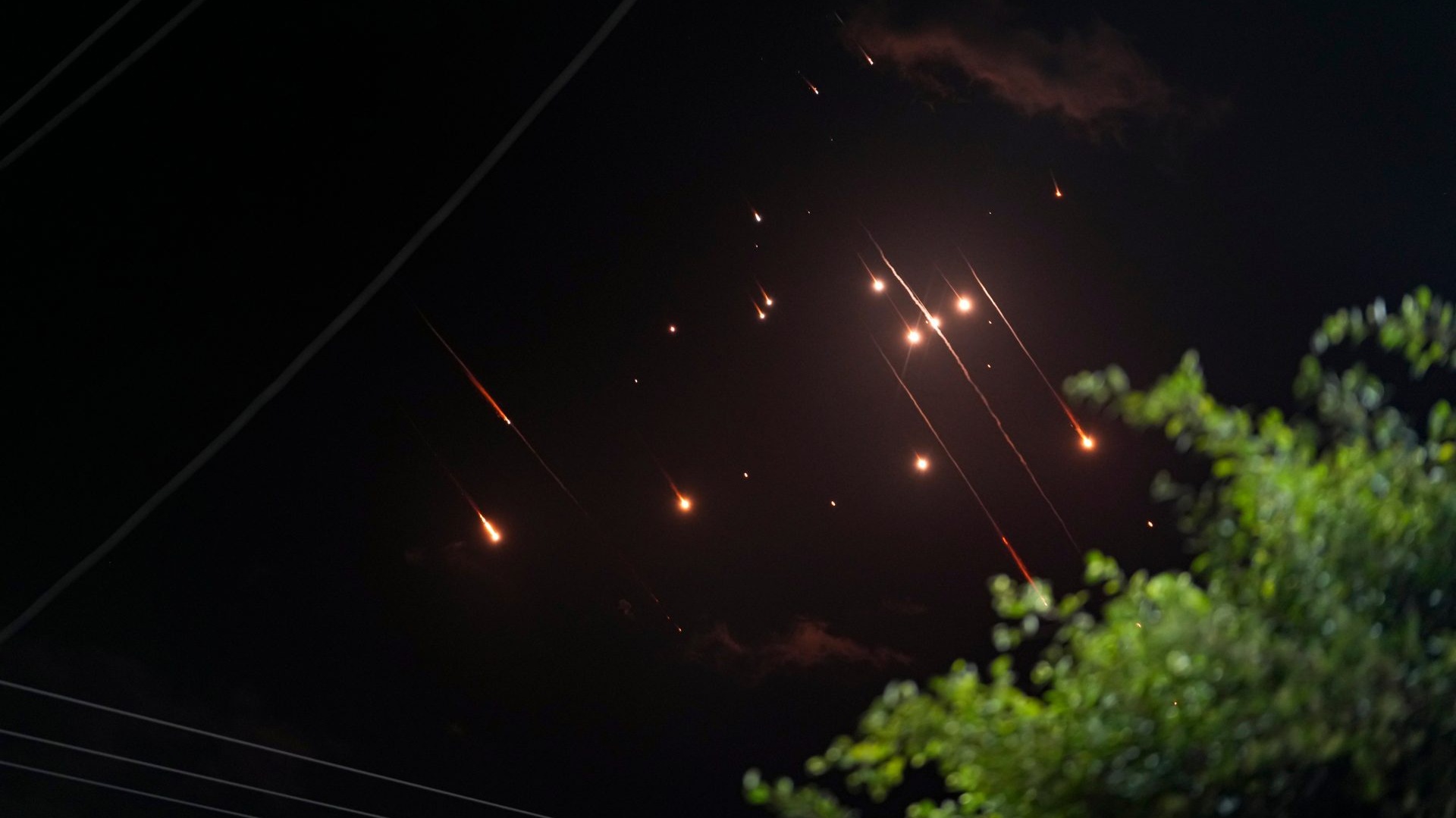DIDPress: Zionist regime’s recent attack on Iranian soil, followed by Iran’s decisive military response, marks a turning point in regional and international strategic calculations.

Focusing on the events of the past three days, the note outlines ten brief points to better understand the geopolitical and strategic dimensions of the recent crisis between Iran and the Zionist regime.
1. Meaningful Timing with Trump’s Deadline:
The timing of Israel’s attack on Iran is the first point to consider; it occurred just one day after the expiration of Trump’s two-month deadline on Iran regarding nuclear negotiations. This coincidence cannot be accidental and indicates the role of the U.S. in encouraging Tel Aviv to launch an all-out war against Iran.
2. Clear Violation of the UN Charter:
The military aggression is a blatant violation of the United Nations Charter and all recognized international laws. From the perspective of international law, such an attack cannot be remedied merely by condemnation statements but requires practical international actions to deter its recurrence.
3. NATO and the Green Light to Tel Aviv:
Israel’s attack on Iran was carried out with prior coordination with NATO leaders and implicit approval from the United States. Therefore, NATO has effectively sided with Israel in this war, elevating the confrontation between Iran and Israel to a higher, more international level.
4. An Old Project to Drag the West into War with Iran:
Since the beginning of nuclear negotiations in 2003, Israel has tried to derail the diplomatic process to push the West towards military confrontation with Iran. The recent actions continue this project, which started over two decades ago.
5. Israel: The Main Actor in the Nuclear Dispute:
A former Mossad official once said, “Your main counterpart in the nuclear negotiations is Israel, not the P5+1.” Thus, Israel’s influence in shaping Western foreign policy towards Iran has long been underway and is now more concretely visible.
6. The most Extensive Attack on Iran Since the Iran-Iraq War:
The recent attack is the largest military aggression against Iran since the Iraq war; however, unlike the Iraq war when Saddam’s regime had broad support from the East Bloc, the West, and some Arab countries, today many regional actors have not sided with Israel in this confrontation.
7. Ineffectiveness of International Organizations:
The attack by a nuclear-armed country (Israel) against a non-nuclear state (Iran) has further exposed the ineffectiveness of the Nuclear Non-Proliferation Treaty (NPT) and the International Atomic Energy Agency (IAEA), as these bodies have failed to protect Iran from illegal attacks.
8. Reevaluation of Iran’s Nuclear Strategy:
The direct attack on Iran’s nuclear facilities will undoubtedly impact the future direction of Iran’s nuclear program. This attack is viewed as the practical outcome of the alignment between Israel, NATO, and the IAEA to undermine Iran’s peaceful nuclear program, and Iran will surely respond strategically.
9. The Ultimate Goal: Regime Change and Fragmentation of Iran:
Israel’s project goes beyond military attack. The ultimate aim is to overthrow the Islamic Republic, create internal instability, chaos, and even the fragmentation of Iran. Thus, this confrontation is not limited to military and nuclear issues but is a full-scale challenge targeting Iran’s national security and territorial integrity.
10. A Strategic Mistake by the West:
The green light given by the U.S. and NATO to Israel for this attack is a major strategic error. The outcome of this crisis will not only reshape the power dynamics in the Middle East but likely increase the influence of Eastern powers in the region.
Conclusion
There is no doubt that the Islamic Republic of Iran’s strategy regarding its nuclear program and regional policy is on the brink of a fundamental revision.
On one hand, the failure of international institutions to support Iran and their silence over the blatant aggression by the Zionist regime have undermined the legitimacy of existing legal mechanisms. On the other hand, Israel’s military actions have challenged the previous limitations on Iran’s deterrence strategies. Under these circumstances, Tehran appears more than ever convinced that national security and strategic technological progress must be based on real deterrence rather than unequal international commitments.